I use affiliate links in some blog posts. If you click through and make a purchase, I earn a small commission at no extra cost to yourself. Thank you for your support.
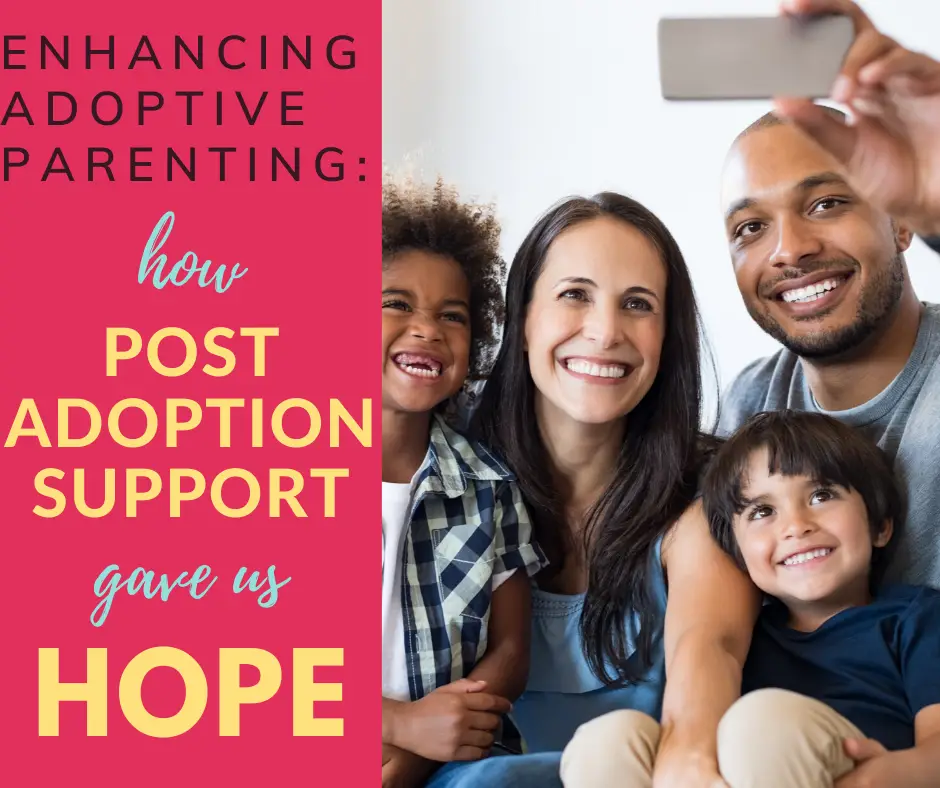
We sat with nervous excitement in the spacious room, a dozen or so people sat round the table, grilling us about our hopes and dreams of adoption. And then the question came:
“You’re often the ones offering support to others. Will you be able to ask for support as adoptive parents, if and when you need it?“
I remember my answer clearly – it came easily, it was how we’d been drilled.
“Yes – we understand the importance of both our support network of friends and family, and also the various avenues of professional support for adoptive parents.”
It’s so easy to say, isn’t it?
And yet when it comes down to it, seeking post adoption support can take a fair bit of courage.
Things might be tough for a few weeks, but then they get easier again, and we imagine that life was never that unbearable. Or we look at the age of our kids, and convince ourselves that they’ll ‘grow out’ of whatever challenging behaviours they’re exhibiting, and let’s just give it another few months, or years.
Or – perhaps the most common (yet rarely admitted) fear is that if we ask for support we might be seen as failing.
When should we ask for support?
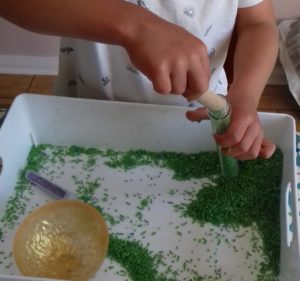
So, with all this complicated to-ing and fro-ing, how do you know when to ask for support?
For us, it was last summer, 3.5 years into our life as adoptive parents, that we swallowed our pride and made contact with our local adoption agency, wondering if they could help us and our sweet boys.
We could have left it later – they were only 4, about to start school, and perhaps they would have grown out of some of their behaviours.
Or we could have done it sooner – but we seemed to be managing the waves OK and didn’t want to make a fuss if there wasn’t actually a problem.
I’d love to be able to tell you what triggered that email to social services – which event it was that made me go, “Right – that’s it. Enough’s enough. I can’t go on like this” – but I can’t. All I remember is that I’d had enough of the tantrums over little things, the aggression, the fear, the anxiety – and knew our family needed more resources to be able to deal with these things.
It was me who made contact, my husband wary – but, from reading around, I know this is often the way: the parent who is the primary caregiver is usually the first to know when support is needed.
My advice to you is simply this: you don’t have to be at the end of your tether – early intervention is so incredibly helpful. But if you or your child is struggling in ways you understand to be linked to their adoption and related attachment needs, I would say reach out for support.
>>Check out my No-Fuss Guide to Attachment right here<<
Post adoption support services
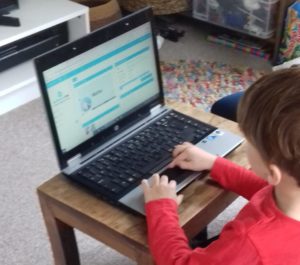
My email was met with the usual round of reply emails, visits, questions and reports.
It took around 5-6 months, including a change in social worker, for us to be given any support, which sounds like a long wait. But these few months allowed our boys to start school, enabled us to focus on supporting them there – and, quite honestly, just off-loading onto our social worker in that first visit felt like a huge amount of the burden lifted.
However long you have to wait, you should be given an idea of the kind of post adoption support services available to you right from the start.
This will vary, according to adoption agency and what is offered in your area, but will typically include various types of therapy for your child – including, for example, theraplay, art therapy, music therapy – as well as family therapy options, peer-to-peer support, and parenting courses.
The path that was considered to be potentially the most beneficial for me and my husband was to take the Enhancing Adoptive Parenting course.
Adoption Support Fund
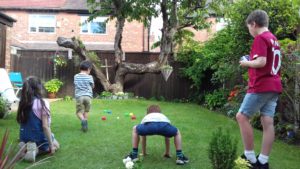
If you’re in the UK, the good news is that the government’s Adoption Support Fund was set up specifically to finance these kinds of post adoption support services for families.
A bid has to be made, of course, but your social worker will sort this out, and our experience (and that of adoptive friends) is that there’s usually no problem in securing funding for some kind of support.
(Since the outbreak of COVID-19, the types of support financed by the Adoption Support Fund have broadened to include online couples therapy, counselling and helplines. In the wake of lockdown, adoptive families have faced additional challenges, and this broadening of support acknowledges the increased pressure on marriages and relationships.)
The Enhancing Adoptive Parenting course
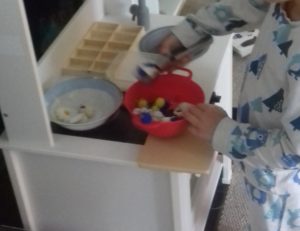
The description of Enhancing Adoptive Parenting says that it’s designed for adoptive parents whose children have been with them for less than 12 months, but by the time we did this course, earlier this year, our boys had been home with us for four years. I honestly don’t think it matters: the course was incredibly useful, and I’d recommend it to anyone who wants to reflect on their own parenting practice and develop some new strategies.
First-off, let me reassure you that Enhanced Adoptive Parenting is NOT a kind of ‘AA’ meeting for adopters. You don’t have to go and sit in a draughty church hall for two hours every week, sharing intimate details of your family life with a whole bunch of other parents you’ve never met.
No – thank goodness!
Your EAP facilitator will come to you, at a mutually convenient time, and although the course has a robust curriculum to work through, all the application is completely bespoke to your situation, offering really practical support for adoptive parents.
The second thing to say is that the course content is really well thought-out. It’s a 10-week course, with weekly sessions of 90 minutes ranging from attachment to proactive parenting strategies (verbal praise, special play, etc) to boundaries, discipline and problem-solving.
The sessions would be useful support for adoptive parents of toddlers through to young teenagers, but I’d say do it sooner rather than later!
My husband was rather sceptical, to say the least, about giving up 90 minutes of his precious child-free work time each week, but quickly changed his mind as he saw the quality of the course, and the impact it was having.
Our facilitator was wonderful. She chatted us through the material for that particular week, pausing to let us discuss how it related to our family life. We were able to share the challenges of the individual weeks, which was incredibly helpful. While EAP isn’t exactly ‘therapy’, both my husband and I found the opportunity to reflect on our parenting very helpful.
Some of the material, of course, wasn’t new to us. But it was always helpful to be reminded, especially of the impact of adoption on children, even when they’ve been in care since birth. In the busyness of everyday life, we quickly forget things – especially if we’re having to respond quickly to a situation.
One of the most helpful things our facilitator told us on this course, was that adopted children often present two years younger than their physical age.
This was particularly helpful to us, because in a developmental sense, our boys are not two years behind. They are where you’d expect 5 year old children to be, in terms of gross and fine motor skills, social skills, phonics and numeracy, and so on. Even emotionally – certainly at school – they do not present any younger.
And yet there is something very ‘young’ about their behaviour at home, their seeming lack of understanding or memory – for example, having to be told numerous times (sometimes for over a year) about a simple rule or boundary.
Thinking of them as ‘two years younger’ in some ways, has really helped us get down to their level and parent them better.
>>Does being adopted affect a child? 5 ways my toddlers are different from yours<<
Support for adoptive parents
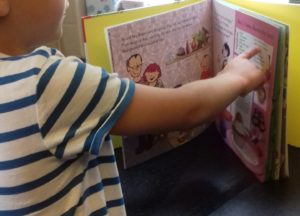
It seems strange to think that a year ago we’d never heard of Enhancing Adoptive Parenting.
When we contacted our adoption agency, we didn’t know just how many ways they can give support for adoptive parents. I assumed the post adoption support would be focused on our children – perhaps some theraplay or similar.
Although this is still on the cards for our boys at some point in the future, I’m really glad that we were advised to go down the EAP route first. It meant that we could reflect first on our own parenting, embed the changes, and leave our boys to settle into their first year of school (and then, of course, lockdown life – quite a different kettle of fish), without dragging them off to therapy sessions.
There’s so much to EAP that it’s difficult to put it all into place at once – this would be my only criticism, that perhaps two or three weeks between sessions might have helped us to really get our heads round each new strategy or idea.
But we have the notes to refer to when we need reminding, and we have ongoing support from our social worker. There is so much more from the course that I’d like us to properly get our heads round, but already we are growing in patience and understanding of how we can better support our children.
Over to you

Are you struggling with the challenges of adoption? You’re not alone! It’s a tough calling, for sure.
Please don’t hesitate to reach out to your adoption agency, especially while the Adoption Support Fund is there for you. They may suggest a number of options – and if Enhancing Adoptive Parenting is one of them, I’d say go for it, without a doubt! (And why not ask about it, if it hasn’t been mentioned?)
But even if EAP isn’t offered, there will be some awesome post adoption support services available in your area which will make a huge difference to your family life.
I hope you find a means of professional support which gives you hope, as EAP has given us hope.
Any questions about Enhancing Adoptive Parenting, or post adoption support services in general? What would you like to know that I haven’t shared? Please ask in the comments!
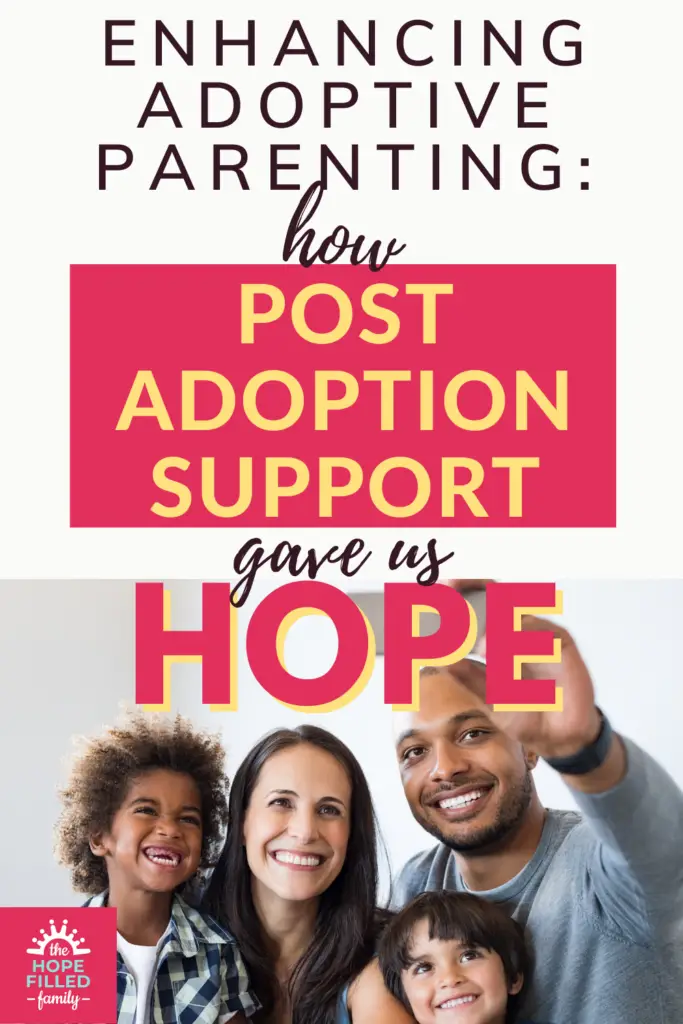
[…] but also immensely challenging. If you’re struggling, you may find our own story of seeking post adoption support […]